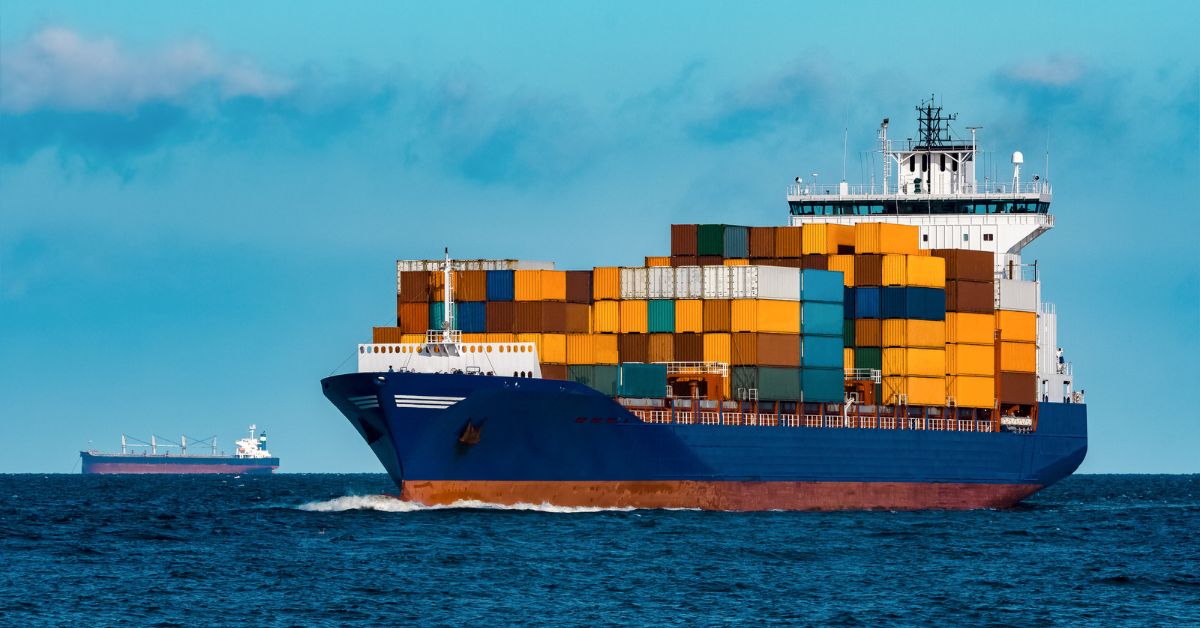

There are several things you as a shipper can take to make sure your goods arrive at its destination in the greatest shape. You may, for instance, pick a dependable shipper, pack your package carefully, and give detailed handling instructions.
All parties involved in the shipping business strive to deliver cargo safely and on schedule. Whether the shipment's eventual destination is merely another country in Europe or on the opposite side of the globe is irrelevant. Even with meticulous planning, unexpected occurrences can still occur when traveling.
Your shipments run the danger of being stolen, damaged, misplaced, and other problems during transit. If you transport a lot of goods, cargo shipping makes it possible for you to recoup financially from these kinds of damages.
The most popular strategy for defending the value of your products from physical harm, theft, or ordinary wear and tear is marine cargo insurance. Depending on the area, not all delivered items are automatically covered by cargo insurance.
Alternatively, shippers or consignees can buy insurance coverage from specialized companies, big brokers, neighborhood agents, portals, and logistics providers. You must acquire freight insurance if you sell breakable or delicate commodities. Any goods damaged during the trip will be covered by this insurance fee. It is usually advisable to insure your belongings just in case, regardless of whether they are very delicate.
Typically, a shipper's cargo is not covered by the motor liability coverage carriers have on their fleet of vehicles, such as cargo van insurance. However, your products will be protected by a cargo policy, which may be acquired by the shipper, the carrier, or sometimes both.
Learn more: Cargo Supervision
We don’t know but cargo theft is a thing and it has risen during the time of covid 19. The majority of phony pickups take place over the weekends, particularly late on Friday. During such times, shippers have the pressure of transferring items during the workweek. The timing of the offenses makes it unlikely that shippers will disclose the robberies for many days, which lowers their prospects of recovering damages.
Whether it includes a hurricane, shipwreck, or pirate assault, the comprehensive cargo insurance coverage will protect you from any kind of in-transit occurrence. There have been increased attacks by pirates on ships during the current outbreak.
Your freight is not always impervious to lose. The sheer number of containers that are lost at sea each year is astounding. Freight insurance can provide a social security net in the event of potentially expensive cargo loss or damage.
The excellent thing is that having your items insured helps shield their worth from possible losses that may occur during air, sea, and rail shipments. In the event that their products are lost, shippers frequently have the wrong idea about how responsibility works. Things might get even more challenging due to the different laws and regulations pertaining to the subject.
You are shielded from financial loss as a result of damaged or lost cargo by cargo insurance. If a covered occurrence occurs to your freight, it pays you the sum for which you are insured.
You are protected against theft and damages by cargo insurance. Even if you uphold the strictest standards for the secure loading and unloading of cargo, errors still happen. These mistakes might be caused by inadequate ventilation, using incorrect containers, and using subpar packing. Lack of maritime insurance might turn out to be a costly error.
As a shipper, you have to get cargo insurance. Otherwise, you risk damaging your image in the industry and eroding customer confidence. You will lose the faith of customers if a shipping contract stipulates that you get marine insurance but you do not have the coverage, which will have an adverse effect on your professional and financial standing.
Shippers should be aware of the following: By law, a carrier cannot be held liable for container losses or damages brought on by a widespread event, such as a natural catastrophe.
It's crucial to understand the liability insurance options your freight carrier provides when thinking about it. What is not covered will be identified using that information. It highlights the gaps and offers a starting point for structuring the necessary insurance. You must fill up the gaps left by liability insurance since, as was already noted, it is uncommon for it to cover the value of your cargo in the event of loss or damage.
A limitation on liability applies even in circumstances when carriers are partially at fault. To protect yourself, you still need to get both cargo insurance and a complete marine insurance package.
Undervaluing their cargo is one of the main mistakes shippers make when deciding on a coverage. By doing this, you run the risk of not getting a sizable compensation in the event of an occurrence and having to pay the remaining expenses.
To attract shippers, many carriers invest in a cargo policy, but this coverage isn't always sufficient. It also doesn't guarantee that your claim will be paid out simply because a carrier has an insurance certificate with a certain quantity of cargo insurance.
Find out how much insurance your carrier has and what it covers in order to protect your items. Then, get coverage that covers the shortfall.
Cargo insurance is necessary due to the responsibility and exposure of every firm moving ocean freight. And the extraordinary events of the past year amply demonstrate this argument. Shippers must get thorough insurance coverage that addresses all potential issues.
While it is not required, cargo insurance is crucial to guarantee the safety of your consignment. Even if you take all essential precautions, a significant portion of the shipping process is outside your control; a cargo protection policy may assist maintain the health of your bottom line.